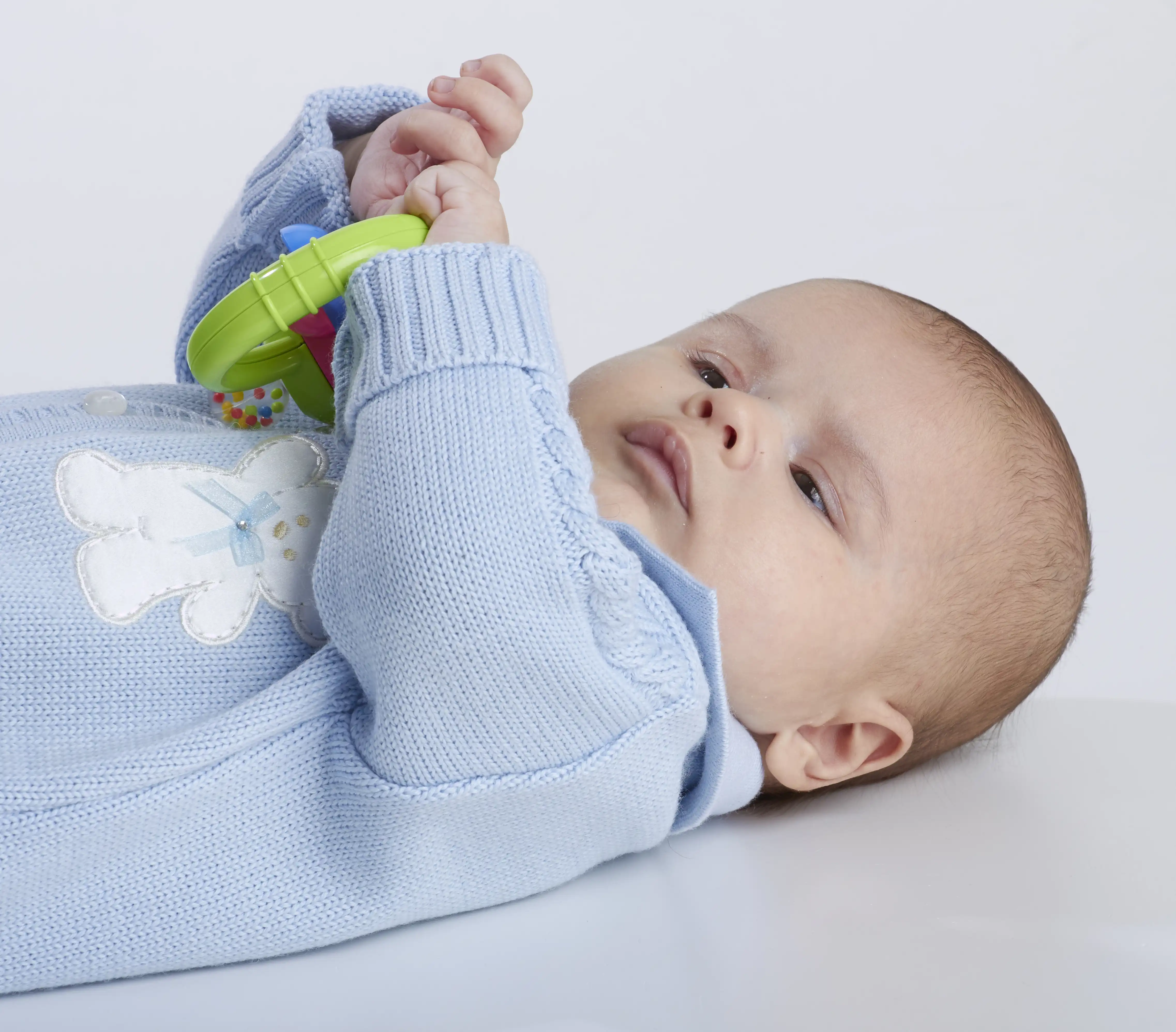For parents, the possibility that the ongoing port strike could disrupt the supply of baby formula and diapers is a crucial concern. The sentiment is not isolated. Several parents have voiced their worries about how this strike will influence the availability of baby essentials.
One anxious parent recently shared her concerns about the availability of her preferred baby formula, noting with concern that it's currently unavailable statewide and shipping is on hold. As the port strike continues, more parents are finding themselves in a similar predicament, causing widespread stress.
The port strike is indeed a significant event. Several key eastern and Gulf coast ports of the U.S. are affected, with a large number of longshoremen and dock workers on strike. The strikers are demanding fair wage increments and protections against impending port automation, which threatens their job security.

These affected ports bear a significant load of the U.S. export and import traffic, meaning the strike could have potentially impactful repercussions for consumers nationwide. But what does this mean specifically for parents who rely on a steady supply of baby formula and diapers?
Deciphering the Impact of the Port Strike
The workers participating in the strike are members of the International Longshoremen’s Association (ILA). They handle the loading and unloading of goods as they arrive or are dispatched from these ports. Having failed to reach an agreement with the U.S. Maritime Alliance, an association of companies operating the affected East and Gulf Coast ports, ILA members have taken to the picket lines.
Allegedly, the strike is a protest against potential job losses from future port automation and a demand for higher wages. The ILA is requesting the postponement or refusal of automation systems, including automated cranes and loading-unloading arrangements. Counterintuitively, this demand coexists with their calls for a substantial wage increase, which has garnered mixed reactions.
The duration of the strike remains uncertain. According to experts, while some products might see delayed shipping, the situation is unlikely to result in a severe shortage of goods. These products ought to eventually reach local stores, albeit via a more extended, more expensive process involving transfers via alternate coastal ports and transportation by truck or rail.
Touched by the Strike: Diapers and Other Essentials
One expert, Mark Weinstock, the clinical associate professor of economics at Pace University, views the potential impact of the strike with a level-headed perspective. He mentions that the strike’s effect isn't isolated to diapers. It could, in fact, influence the availability of a wide variety of products, from furniture to medication and even jewelry. Additionally, this cascading effect on multiple product categories may lead to overall price hikes.
However, as per Weinstock, the strike's impact on the accessibility of diapers and other merchandise depends significantly on its duration. Assuming the strike persists for a month or less, parents might not experience any difficulty. However, if it extends beyond a month, parents might need to make extra trips in search of diapers, which could- by then- be pricier.
Besides, the nationality of manufacturing firms could also play a role in cushioning the blow of product availability. Larger diaper brands like Huggies and Pampers are U.S.-based and may see lesser disruption due to the localized production and reduced dependency on import-export services.
The Formula Side of the Story
Just like diapers, baby formula may also feel the impact of the port strike. While this might sound alarming, it is not cause for panic, reassures Weinstock. This is not an issue of a shortage but merely a delay in the shipping process. The quantity of formula in production remains unaffected.
Many prominent formula manufacturers, such as Abbott Nutrition (producer of Similac) and Mead Johnson Nutrition (creator of Enfamil), are U.S.-based. Thus, they are less exposed to the potential fallout of the ongoing strike. Acknowledging this, some formula brands are communicating through social media to reassure their customer base.
Why Are Some Brands Already Out of Stock?
While most mainstream brands might not be directly affected by the strike, smaller brands might be experiencing stock depletion due to panic buying. Parents, anticipating a strike-induced shortage, start hoarding formula, creating an artificial shortage.
Should Parents Buy In Bulk?
Whether parents should buy in bulk depends largely on factors like where their preferred brands are produced, and the extent of their dependency on the ports. Weinstock advises against panic buying, which could aggravate the situation. He does recommend a moderate increase in home supplies of essentials.
If preferred brands become temporarily inaccessible, swapping in similar replacement brands is a workable solution. This should, ideally, be done gradually to enable the baby to adjust to the new formula.
In conclusion, while a slight delay in the arrival of baby essentials might be possible, a mass shortage is unlikely. Parents may invest in a small backup supply as a precaution. However, they can rest assured that most companies are taking proactive measures to serve their customers despite the port strike.